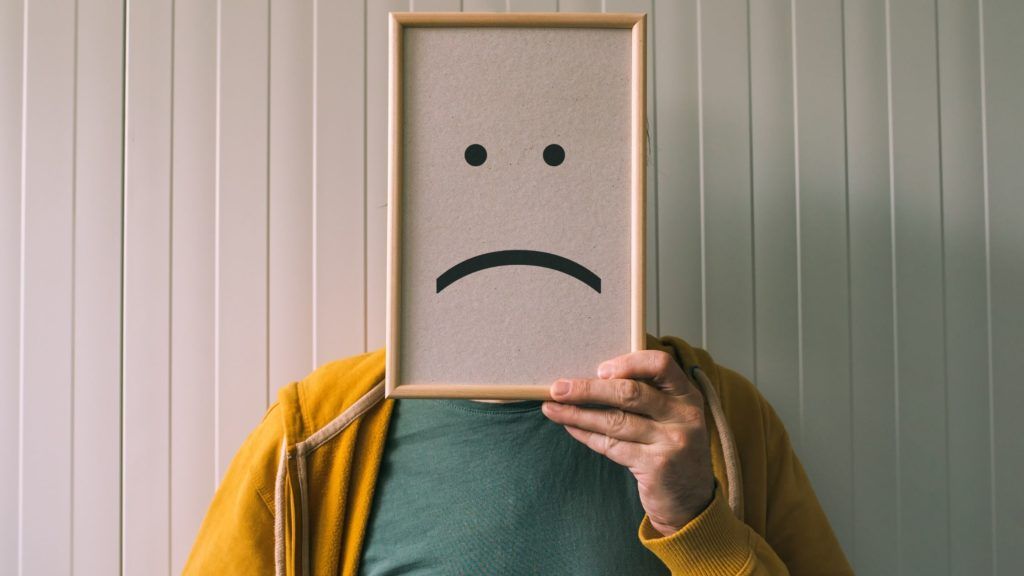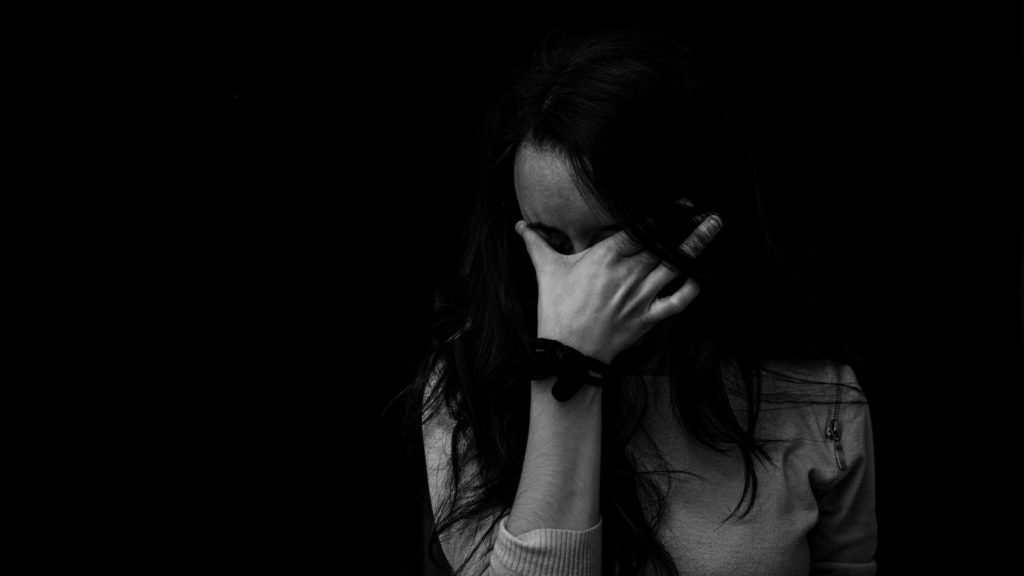According to the World Health Organization (WHO), depression is the most common mental disorder and the leading cause of disability and inability to work.
It proves difficult to quote specific statistical data on the incidence rates, due to the fact that patients are frequently not diagnosed, recorded and treated. It is believed that only 1/5 of patients with clinical depression report to a physician.
The disease affects women twice as often as men. And every tenth patient visiting GP has full-scale depression.
In a typically medical language, depression is defined as a long-lasting, persistent feeling of despair and hopelessness, qualitatively different from the transitional feelings of sadness/unhappiness experienced by healthy people. Patients themselves often say that “they are drawn into a black hole of despair”, “that there is only darkness and its depths.”
What are the symptoms of depression?
It often begins with a gradual loss of joy of life and pleasure. The affected person is no longer able to enjoy the things and events that have so far been experienced as joyful until their complete disappearance. It is accompanied by indifference, low mood, and a feeling of emptiness. These are often accompanied by a changeable, irritable mood, tearfulness, difficulty controlling mood, and impulsiveness. Over time, the affected persons limit their life activities, lose interest in what they were doing so far, sometimes ceasing all activities altogether. Hence, they are often perceived as lazy, cowardly, grumpy, whereas even getting out of their bed proves sometimes borders the impossible for them. Sometimes psychomotor agitation with a sense of inner tension, anxiety and inability to find a place for yourself may also be symptoms of depression. These are often accompanied by pessimistic thinking, loss of self-esteem and sometimes even depressive delusions (false judgments in which the person affected believes to be true) and fear. A growing sense of losing the meaning of life and a sense of hopelessness may lead to thoughts of death and even suicidal tendencies.

A number of other atypical ailments can also occur in depression, further challenging the process of making the right diagnosis. They often include disturbances in concentration, feeling of deterioration of memory and cognitive functions, sleep disturbances (from difficulty falling asleep, through insomnia to excessive sleepiness). Frequently accompanied by non-specific appetite disorders (lack of or even excessive appetite). Lack of sex drive, changes in the sexual cycle in women, constipation, problems with swallowing, and cardiovascular disorders often mask and hinder the correct diagnosis of the disease.
Why is it so?
Unfortunately, despite extensive research, it is still difficult to pinpoint the causes of depression. What is most frequently applied to this end is the so called bio-psycho-social model. It takes the following into account:
- biological causes such as genetic factors, changes in the level of neurotransmitters in the brain, hormonal changes, chronic diseases or addictions;
- psychological factors , e.g. stressful life events and ways of coping with them, family and other relationships;
- individual, social and cultural causes, i.e. professional, school, material, housing situation, support network, feeling of loneliness).
We know that depression is a disease that is influenced by the interplay of all these factors. The latter are best researched. Depression most often affects people living in developed countries, in cities. This may indicate that depressive disorders are related to the pace of life, stress, and professional activity. A growing body of research also proves that depression is influenced by biochemical processes in the brain that the body applies to send signals from one cell to another. Recently, there has also been a series of studies which demonstrate that depression is one of the chronic complications of the disease caused by the SARS-CoV-2 virus.

In medical practice, there are several types of depression that are correlated with symptoms, severity or frequency of their occurrence, circumstances of first manifestations, etc. Therefore, we can often hear terms such as chronic or short-term, recurrent, psychotic, endogenous or exogenous, or drug-resistant depression.
When do we need help of a specialist?
Always when we feel concerned about our mental health. Your GP may be your first contact person. Whenever the severity of symptoms is significant, there is an urgent indication to consult a psychiatrist. You do not need a referral to see a psychiatrist!

How to manage depression?
Depression is a disease that we can now successfully treat.
The main objective in treating depression is to relieve symptoms and restore functioning to the pre-disease level and prevent its recurrence.
It is advisable for the treatment of depression to be comprehensive, i.e. to combine both pharmacological methods and broadly understood psychotherapy and education.
The process of treatment is carried out in home and outpatient conditions, less, and less often in a hospital setting.
An important role in the treatment of depression is played by the patient’s immediate environment, especially the family. But it should also be remembered that this environment also requires support, because depression is a disease that affects not only the patient, but also its entire environment.






